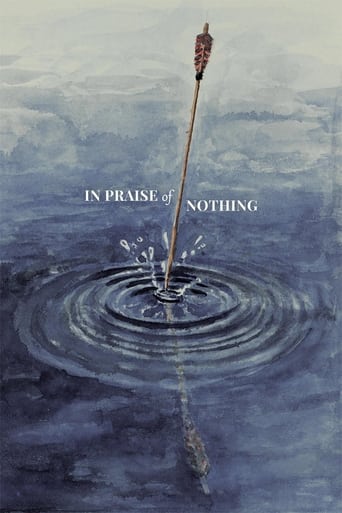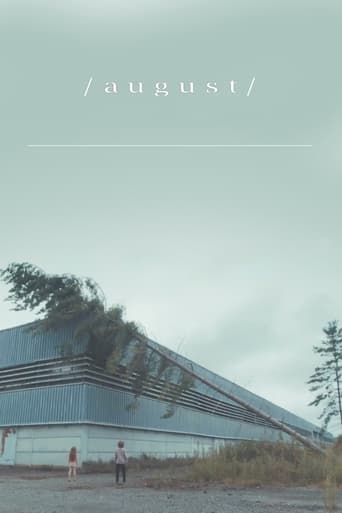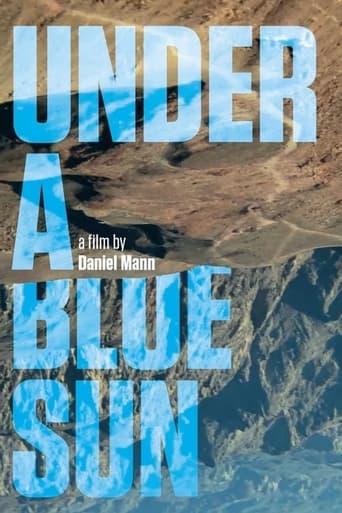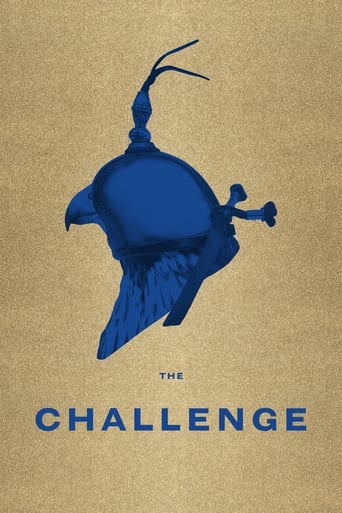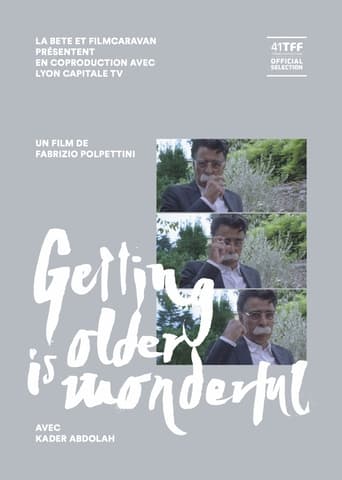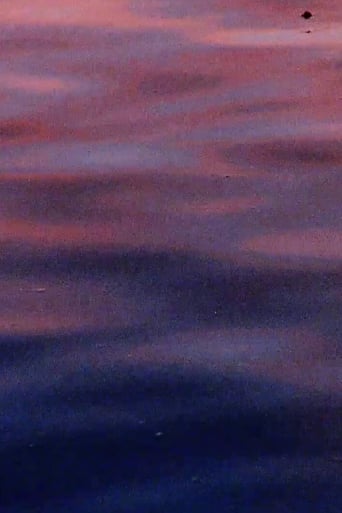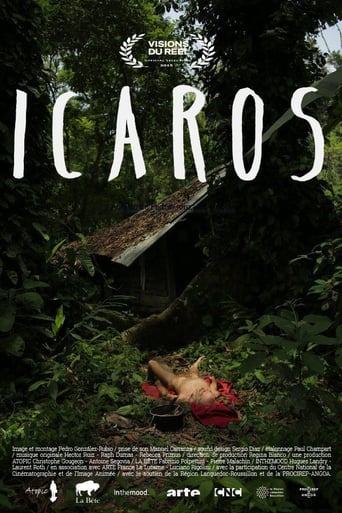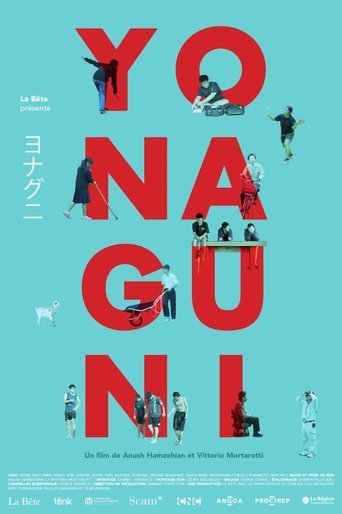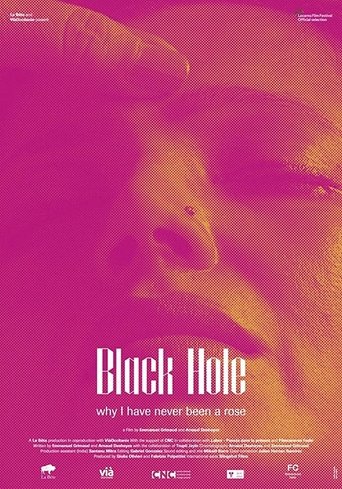“I’m an exile, and an exile always needs a light at the end of the tunnel.” I don’t know whether I can make my dreams come true, but I want to reach the Dutch literary and linguistic top. I say that quite consciously: to keep that light burning in the future. An exile always runs the risk of falling, and I don’t want to fall. I want to stay on my feet.” Kader Abdolah, an Iranian political refugee, arrived in the Netherlands in 1988 at the age of 33, without knowing a word of Dutch. Twenty-five years later, one of his novels, The House of the Mosque (2005), was voted by the readers the second best book ever written in Dutch. The son of a deaf and dumb carpet repairman, Kader had been, since childhood, his father’s ears and tongue. For all his life he has been searching for those words that aloud us to exist.
